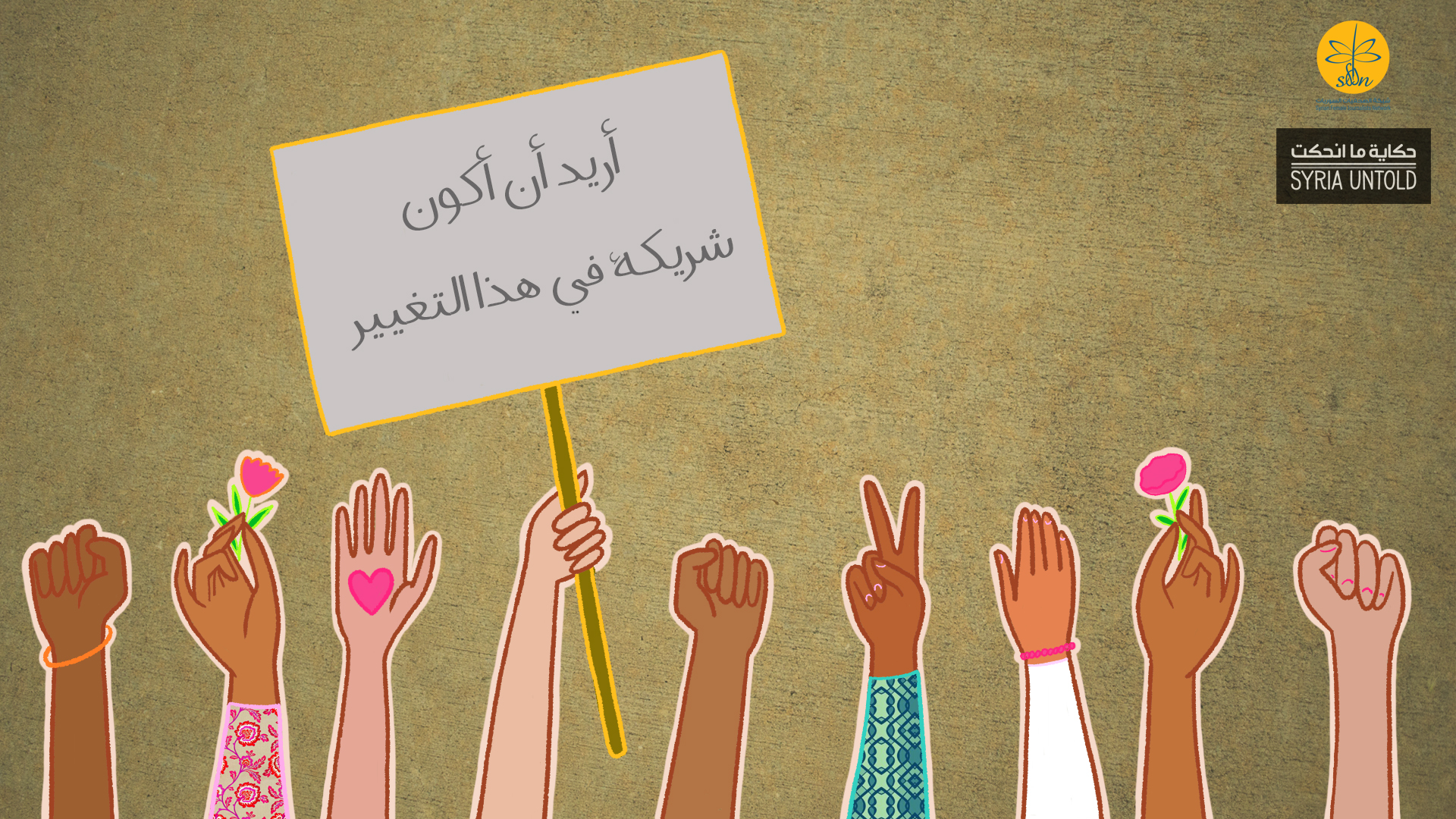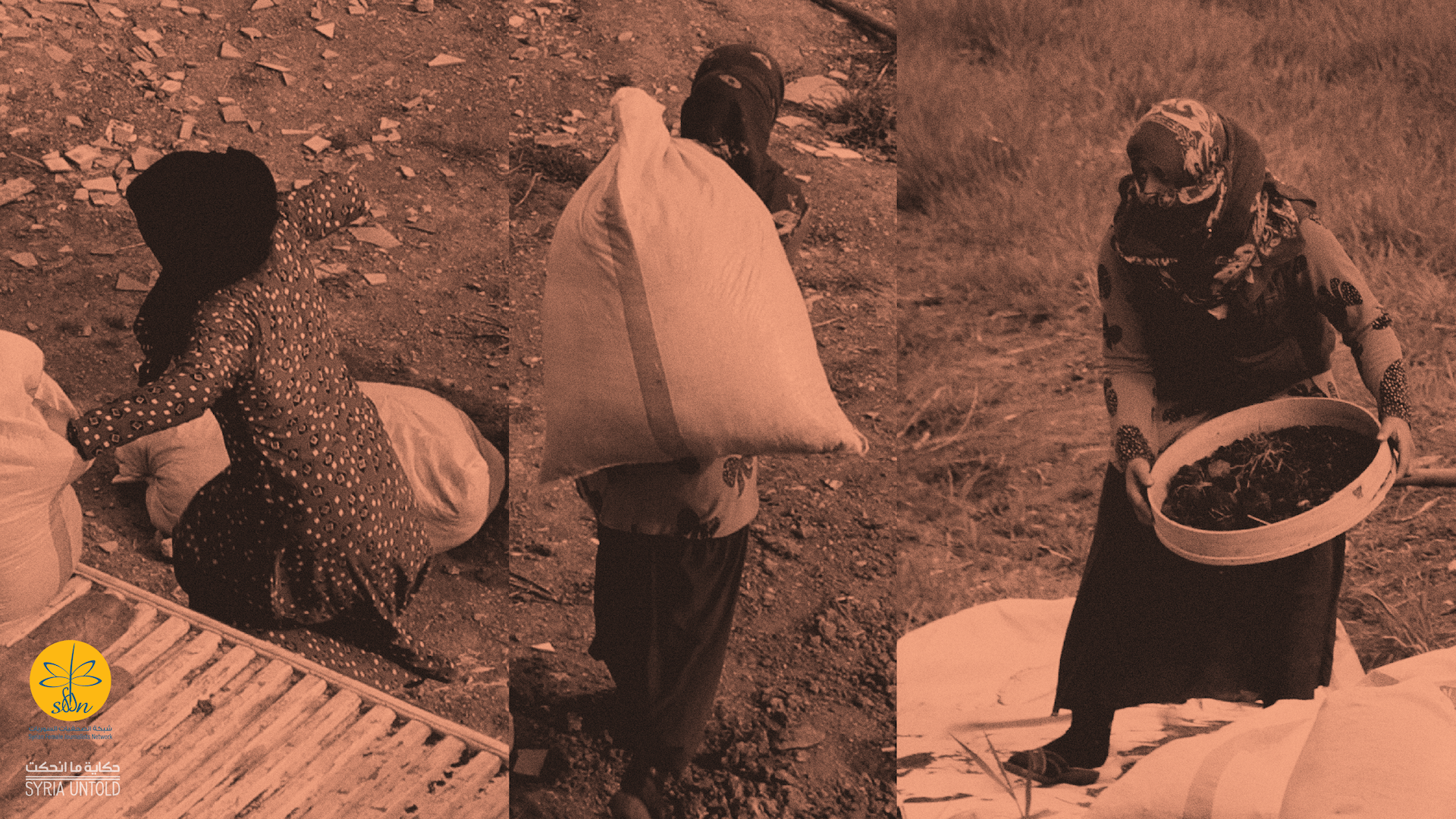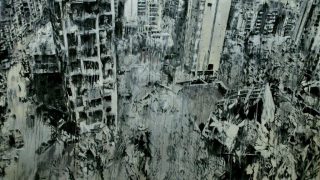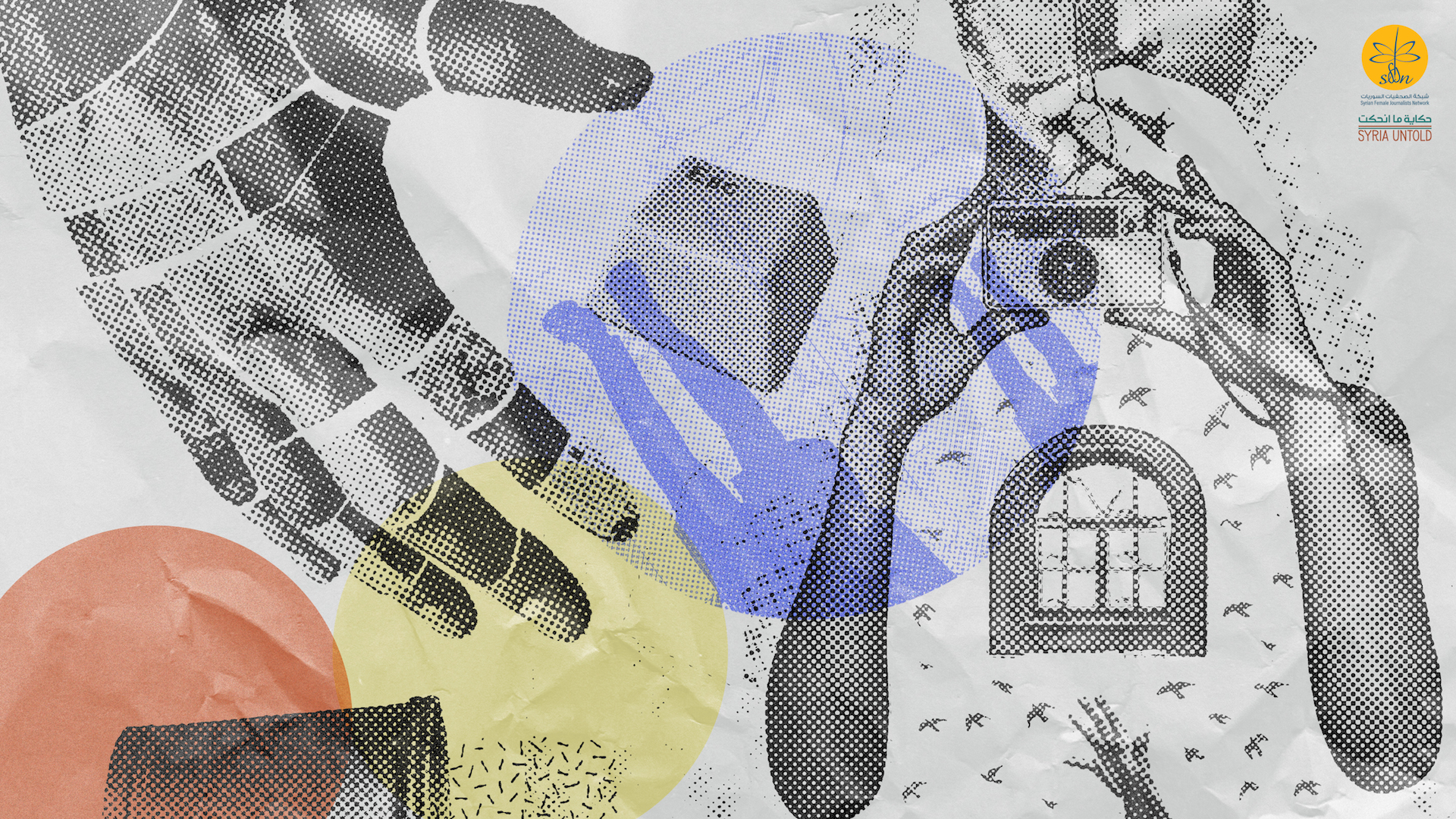Mending what has been broken - Lama Rageh
I often tried to talk to my husband to figure out why he absolutely resented me. After repeated rejections, he told me honestly, ‘I can longer come near you. I cannot even look at you. I don’t know what happened to you in prison, and nothing can guarantee that nobody has touched you.’ Read more
A famine, a ship and a folk song that spanned borders - Nur Turkmani
Nobody is quite certain where the famous Levantine folk song “`Al Rozana” originated: whether from an Italian ship bearing food during Lebanon’s great famine, or from some long forgotten love story. But its unknowns are precisely what make it so meaningful. Read more
I interviewed people who had sold every piece of jewelry and furniture they owned, just to pay for a space on an overcrowded rubber boat that would carry them to a new country, where they could start over. I wanted to go deeper than the coverage I’d seen and show that this "refugee crisis" was political. The apolitical coverage would not bring justice. I wanted to show that we were not just numbers, we were not an impoverished nation that was hungry. But we were hungry for a sense of justice and freedom from tyranny, and this uprising was indeed political. We didn’t need pity; we wanted respect. Read more
If we don't become one - Nour Kelze
I felt every picture before pressing the shutter. I often wonder about the destiny of the people in my photographs. Places, like people, have souls, and each bombed-out house or building is full of the stories of those who were living or working there. Maybe they died there and maybe they escaped. It is the soul I try to hold onto through a photograph. Read more
COVID-19 reveals the reality of governance in Syria - Maya Abyad
By May 2020, months after COVID-19 had spread worldwide and been declared a pandemic by the World Health Organization, Syrians were doubtful of the strangely low official figures released by the government.
The virus had already spread within neighboring Iraq, Jordan, Lebanon and Turkey. But in Syria, the government had only announced 50 cases of the virus within its borders in May. Syrians were wondering to themselves and, sometimes, whispering to their family members, where are our COVID-19 cases? Read more
My childhood friend, now a ghost - Farrah Akbik
A psychologist friend of mine once told me that the best way to grieve the dead is to touch their bodies. In Islamic burials, we wash our loved ones with our own hands, we bathe them in jasmine, we wrap their shrouds, we say goodbye. How can you grieve those whose bodies have been stolen? How can you grieve those who don’t say goodbye? Read more
When WhatsApp replaces home - Nur Turkmani
It’s not that my grandparents’ children had disconnected completely from Talkalakh. Every time they returned before the war, it was as though nothing had changed (and, really, nothing had changed). But after years of living outside the town they had grown up in, they had adopted new languages and found belonging in other communities. There were new smells and odd fruits, tram stops and a different flow of traffic, other things to attach their identities to. And this naturally excluded my grandparents—who, in their old age and with their rigid ways, cared to attach themselves only with Talkalakh and its people, the humor, the shows they watched, the weather, the local muezzin’s unique call to prayer, the walk towards their local butcher who knew just how they liked the minced meat and baked flatbread in their lahme b’ajeen. Read more
To share or not to share? - Maya Abyad
The recent waves of displacement, with up to 950,000 people displaced since December, is the worst yet in the nine-year war that Assad has waged against a population demanding his ouster. The targeting of hospitals—described as a deliberate part of the “war strategy” of pro-Assad forces, by UN investigators—continues to deprive the desperate population of much-needed medical services. And isn’t that the intention? Read more
Many refuse to speak out about their treatment in Lebanon because of fears it could impact their families in regime-controlled areas, or relatives in prison, back in Syria. At the same time, there are those refugees who believe that it's the family that can sometimes impede women and girls from practicing their activism and expressing their opinions, with families afraid of activism and willing to wash their hands of it. Some go as far as disowning their daughters, if they are arrested or pursued by the Syrian regime. Read more
The drama queen of quarantine - Simav Hesen
During the first few days of quarantine, I thought this was finally the chance I had been long waiting for to pick up my unfinished books. But piles of archived memories, which I had fallen short of rearranging due to time constraints, resurfaced. Because of the recent gaps in my memory, I decided to reconstruct it through my text messages and my scattered documents, only to realize that its fragile thread might be wiped out again with any first sneeze stemming from the virus. Read more







